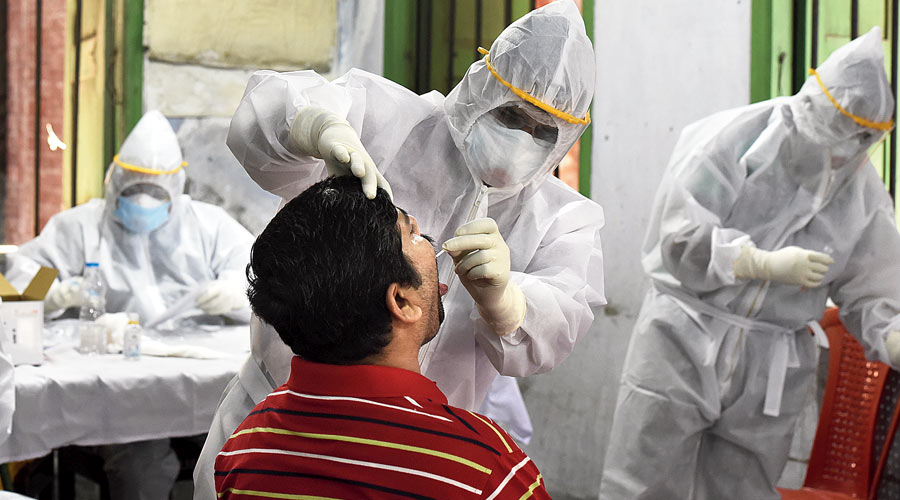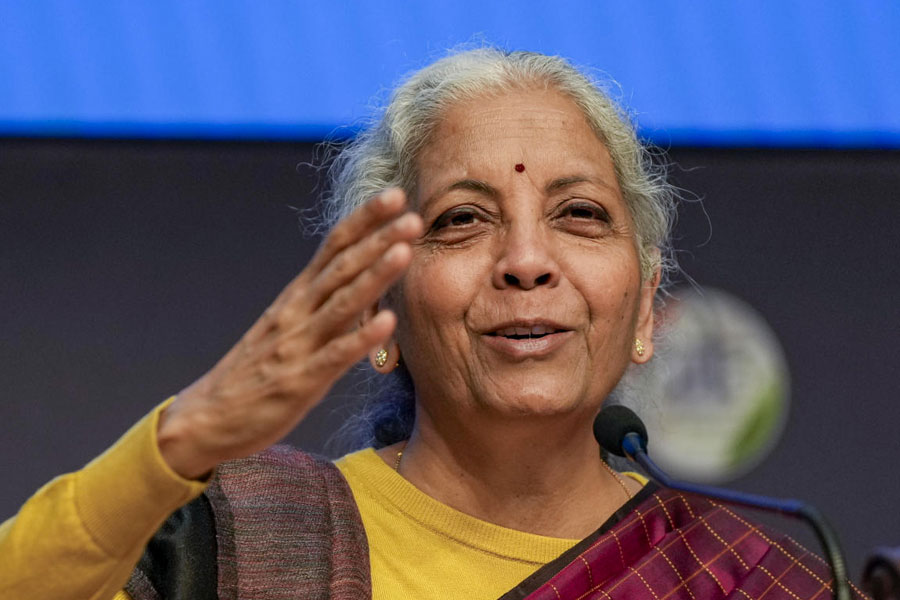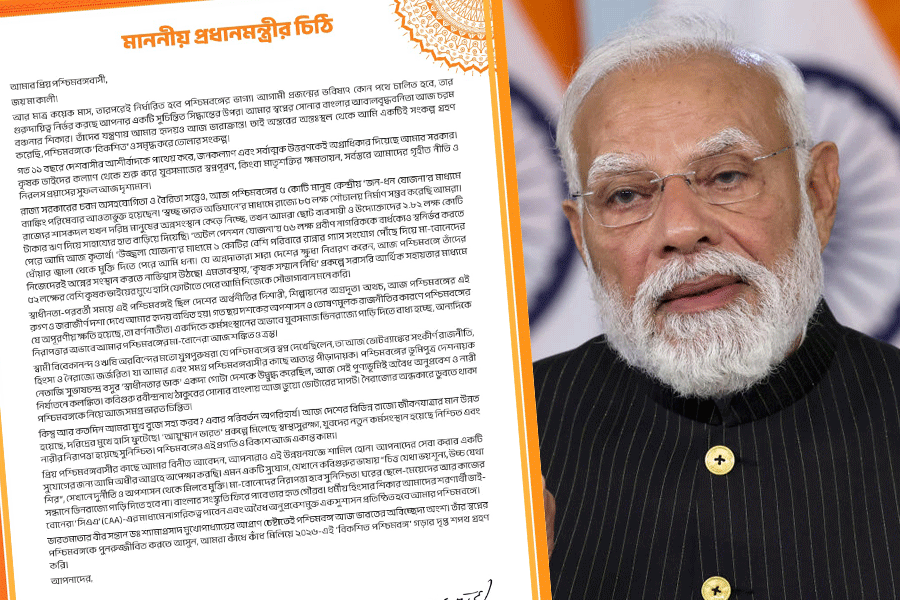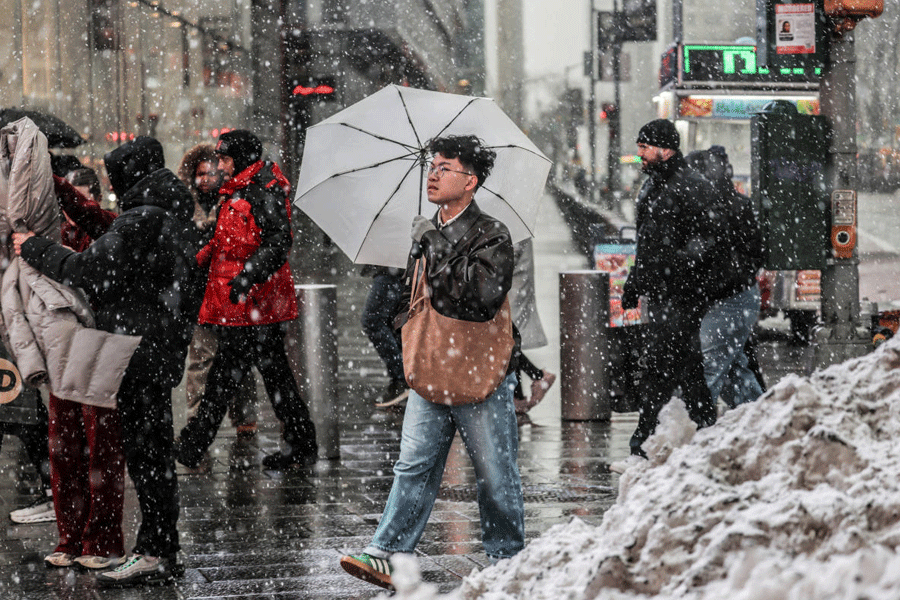India’s near-steady decline in active Covid-19 patients is in line with expectations of a continually shrinking epidemic despite some state and city-specific blips, including a doubling of new cases in Jammu and Kashmir, health experts said.
The nationwide count of Covid-19 patients has declined every day — except for minor increases on four days — over the past month to fall from around 201,000 patients on October 15 to 130,000 on November 15, the lowest in 17 months.
The Union health ministry on Tuesday documented 8,865 new lab-confirmed Covid-19 cases detected over the past 24 hours, the lowest count in nine months.
The country’s seven-day average daily new infections has remained below 16,000 for a month, preceded by three weeks during which daily new infection counts remained below 30,000, and eight weeks with daily new counts below 50,000.
“We’re seeing a steady and protracted decline. This is exactly what the end of the epidemic phase and the start of the endemic phase looks like,” said T. Jacob John, former head of clinical virology at the Christian Medical College, Vellore.
The endemic phase is typically marked by a relative trickle of infections that continue to emerge after the epidemic phase has ended. India had recorded over 400,000 daily new infections during the peak of its second wave in early May this year, driven by the highly infectious delta coronavirus variant.
Despite the decline, localised spikes in daily new infections in some states, including Jammu and Kashmir, and several large cities such as Bangalore, Calcutta, Chennai and Pune over the past week suggest the virus continues to infect susceptible people.
The weekly average of daily new infections — a more reliable indicator of a trend than simple daily averages — in Jammu and Kashmir has doubled from 76 on October 15 to 157 on November 15.
In some states and cities, the virus has spread faster over the past week than during the previous week, said Sitabhra Sinha, a researcher at the Institute of Mathematical Sciences, Chennai, whose team has been tracking the epidemic since early-2020.
Jammu and Kashmir has had a particularly high R value — a measure of how fast an infection is spreading in a community — of 1.23 between November 1 and November 14.
The analysis by Sinha and his colleagues has also shown that three other states — Bengal, Mizoram and Telangana — had R values slightly greater than 1.0 over the past week. An R value greater than 1.0 implies an exponentially growing epidemic.
Through the week that ended on November 14, the R value was greater than 1.0 in Bangalore (1.04), Calcutta (1.02), Chennai (1.05), Mumbai (1.02), and Pune (1.09), but 0.90 in Delhi.
John and other public health experts believe these localised spikes in new cases are primarily driven by the intermingling and crowding of people that gives the virus an opportunity to infect those susceptible.
They have predicted for over two months that the proportion of people in India with immunity against Covid-19 either through natural infections or from vaccinations is so large that a fresh large nationwide surge of the epidemic will not occur unless the coronavirus mutates dramatically.
Some infections among fully vaccinated people should not be a surprise because the vaccines are designed to be far more effective in protecting them from severe disease and hospitalisation than from the infection itself, a public health specialist said.
The nationwide Covid-19 vaccination campaign had until Tuesday administered first doses to nearly 758 million (80 per cent) and fully immunised 380 million (40 per cent) of India’s estimated 944 million adults.
“Vaccination has made a huge difference in the infection profile,” said Viny Kantroo, a respiratory medicine specialist treating Covid-19 patients at the Apollo Indraprastha Hospital, New Delhi. “We do see infections, but the vast majority don’t progress to severe disease.”











